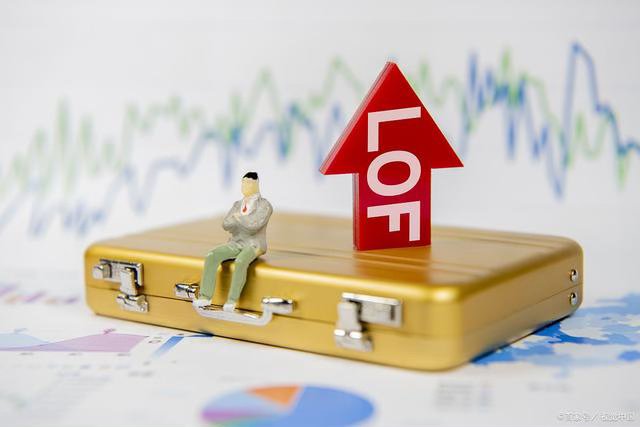How to Optimize Your Bank Accounts and Maximize Your Benefits
Oct 22, 2023 By Susan Kelly
Advertisement
Introduction
In today's
fast-paced financial world, optimizing your bank accounts is crucial to maximizing your
financial benefits. Whether you're a seasoned investor or just starting to save, understanding
how to make the most of your banking relationships can lead to significant growth in your
wealth. This article will guide you through the process of optimizing your bank accounts and
unlocking the full potential of your financial assets.
1. Understanding Your Banking
Needs
The first step in optimizing your bank accounts is to understand your unique financial
needs. Consider your income, expenses, saving goals, and risk tolerance. Are you looking for a
basic checking account for day-to-day transactions, or do you need a more comprehensive
financial plan with investments and retirement savings? Identifying your specific needs will
help you choose the right banking products and services.
2. Choosing the Right
Bank
Selecting the right bank is crucial for optimizing your accounts. Look for a bank that
offers a wide range of services, competitive fees, and a user-friendly interface. Consider the
bank's reputation, customer service, and online banking capabilities. If you travel frequently,
choose a bank with an extensive network of ATMs and branches. Researching and comparing
different banks will help you find the one that best suits your needs.
3. Maximizing Your
Checking Account
Your checking account is the foundation of your financial life. To maximize
its benefits, look for an account that offers no or low monthly fees, free ATM withdrawals, and
online bill pay. If possible, choose an account that pays interest on your balance.
Additionally, take advantage of any rewards or cashback programs offered by your bank. These
programs can provide additional benefits such as discounts on purchases or cashback on debit
card transactions.
4. Leveraging Savings Accounts
Savings accounts are a great tool for
growing your wealth safely. Look for high-yield savings accounts that offer competitive interest
rates. Consider setting up automatic transfers from your checking account to your savings
account to make saving easier. Additionally, explore certificates of deposit (CDs) or money
market accounts for higher returns on your savings.
5. Utilizing Credit Cards
Wisely
Credit cards can be a powerful tool for optimizing your bank accounts when used
responsibly. Look for cards with low interest rates, no annual fees, and rewards programs that
align with your spending habits. Use your credit card for purchases you can afford to pay off in
full each month to avoid accruing debt. Additionally, take advantage of credit card sign-up
bonuses or cashback offers to maximize your benefits.
6. Investing for Long-Term
Growth
Investing is a key component of optimizing your bank accounts and maximizing your
benefits over the long term. Consider investing in a diversified portfolio of stocks, bonds, and
mutual funds to grow your wealth. If you're new to investing, consider using a robo-advisor or
consulting with a financial advisor to help you create a personalized investment
plan.
Conclusion
Optimizing your bank accounts and maximizing your benefits is a journey
that requires careful planning and attention to detail. By understanding your unique financial
needs, choosing the right bank, maximizing your checking and savings accounts, utilizing credit
cards wisely, and investing for long-term growth, you can unlock the full potential of your
financial assets and achieve your financial goals.
FAQs
Q: How often should I review my
bank accounts?
A: It's a good idea to review your bank accounts regularly, at least once a
quarter. This will help you stay on top of your finances, identify any unnecessary fees or
charges, and make adjustments to your financial plan as needed.
Q: Can I optimize my bank
accounts without a financial advisor?
A: Yes, you can optimize your bank accounts without a
financial advisor. However, working with a financial advisor can provide valuable guidance and
expertise, especially if you're new to investing or have complex financial needs. If you choose
to go it alone, make sure to educate yourself on different banking products and services and
stay up-to-date on market trends and changes in the financial industry.

Triston Martin Nov 07, 2023
Unlocking the Path to Earning Your First Million: Strategies for Ordinary Individuals.

Triston Martin Nov 08, 2022
The Wealthiest of the Web: How American Internet Stars Are Earning Big Bucks

Susan Kelly Nov 23, 2023